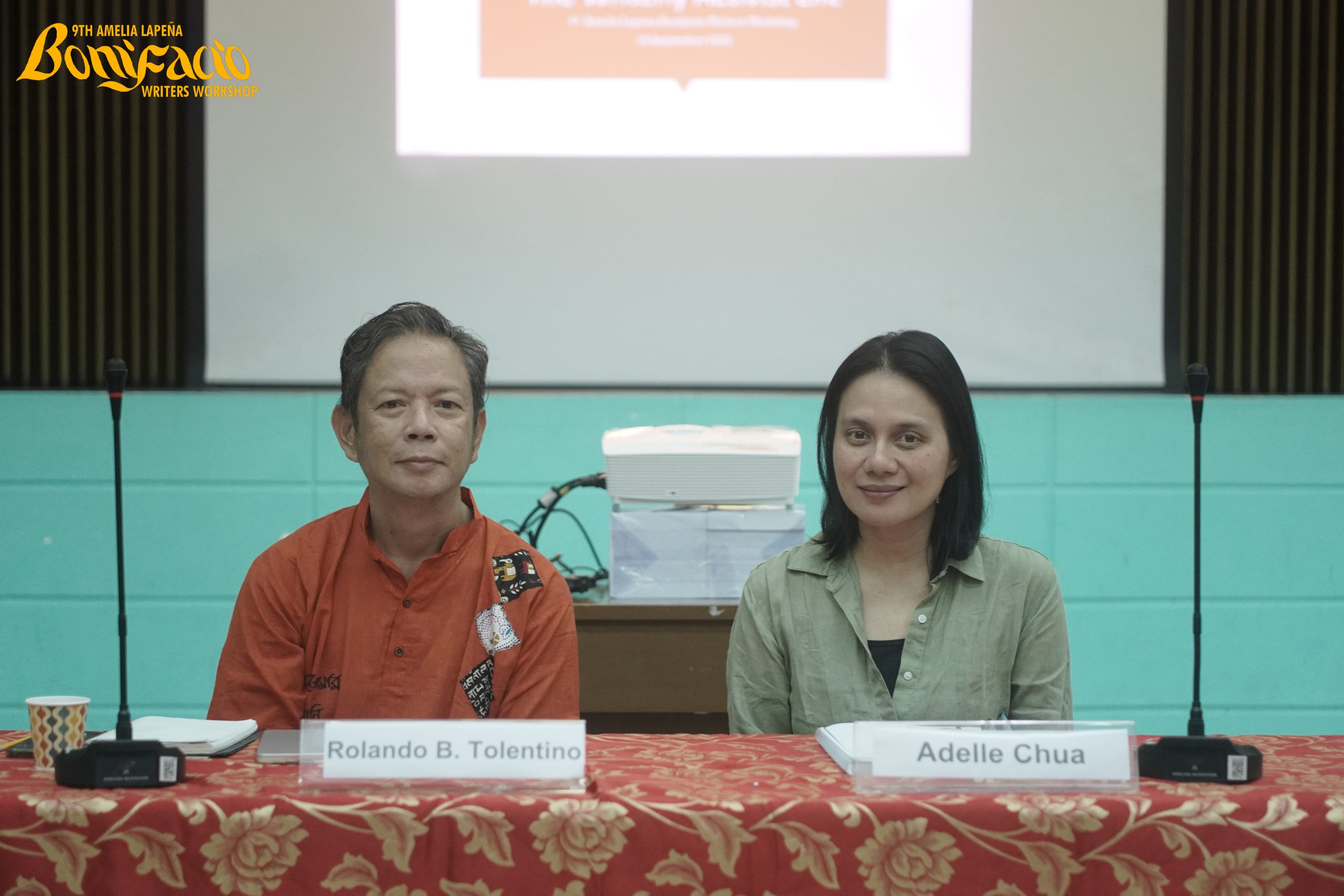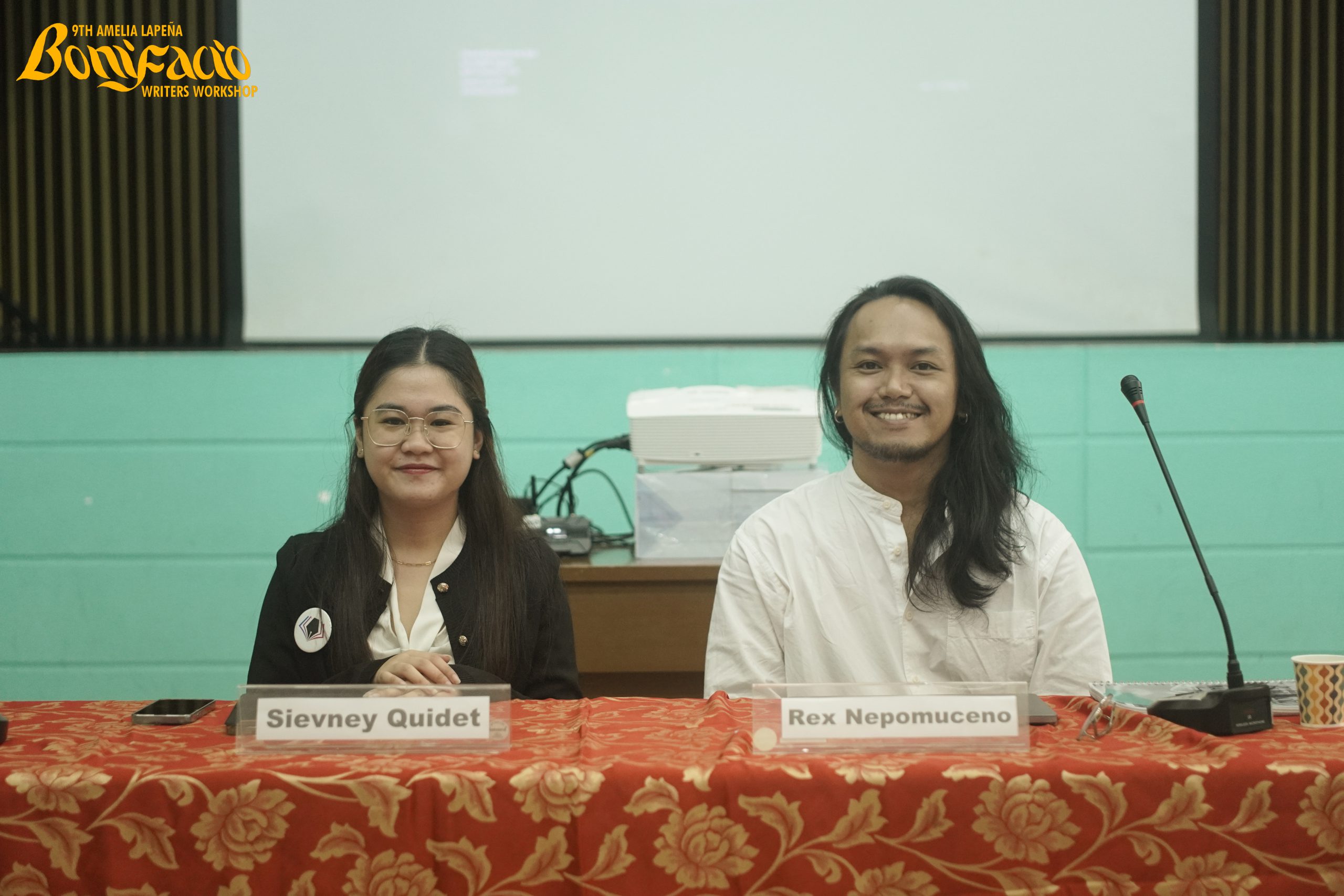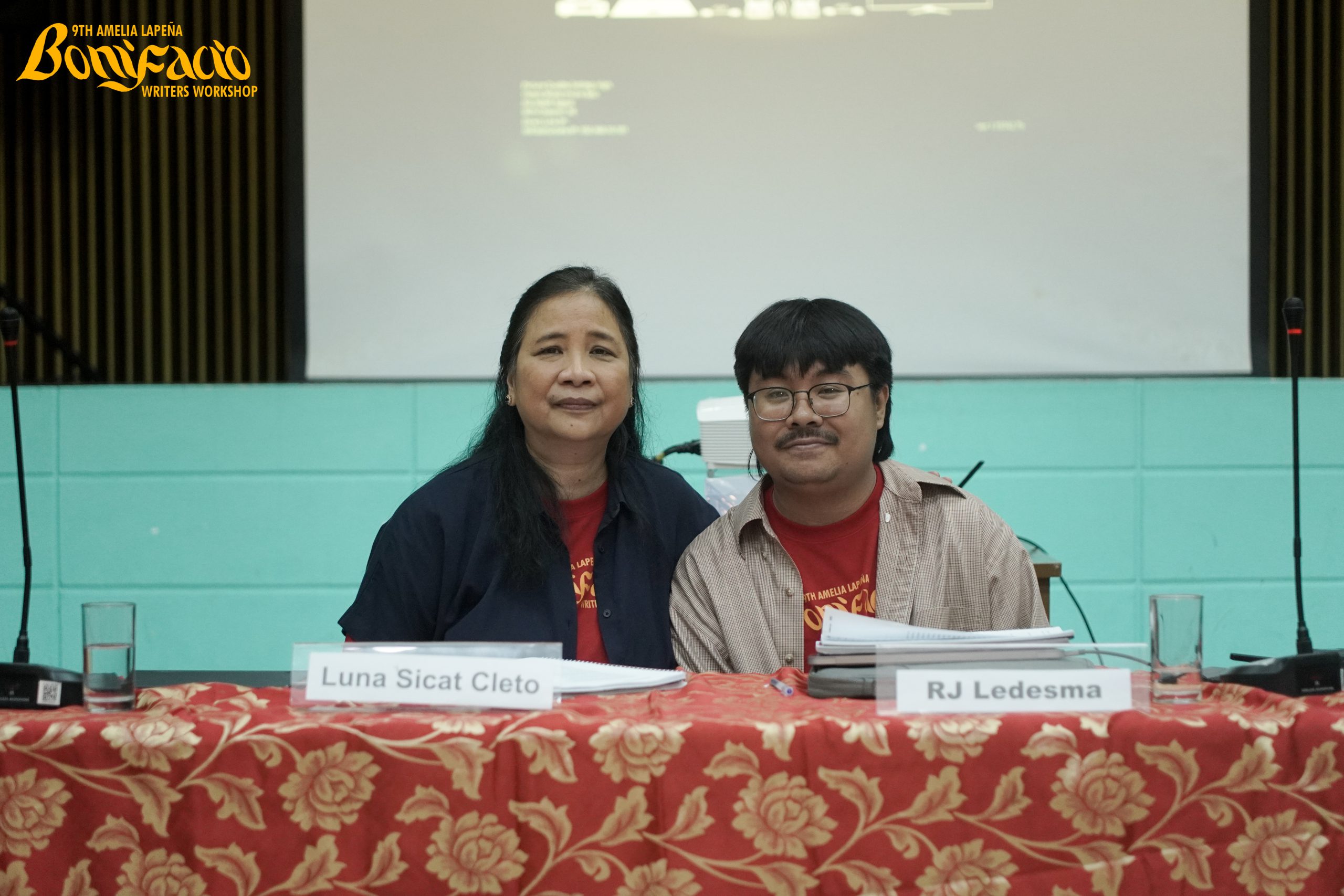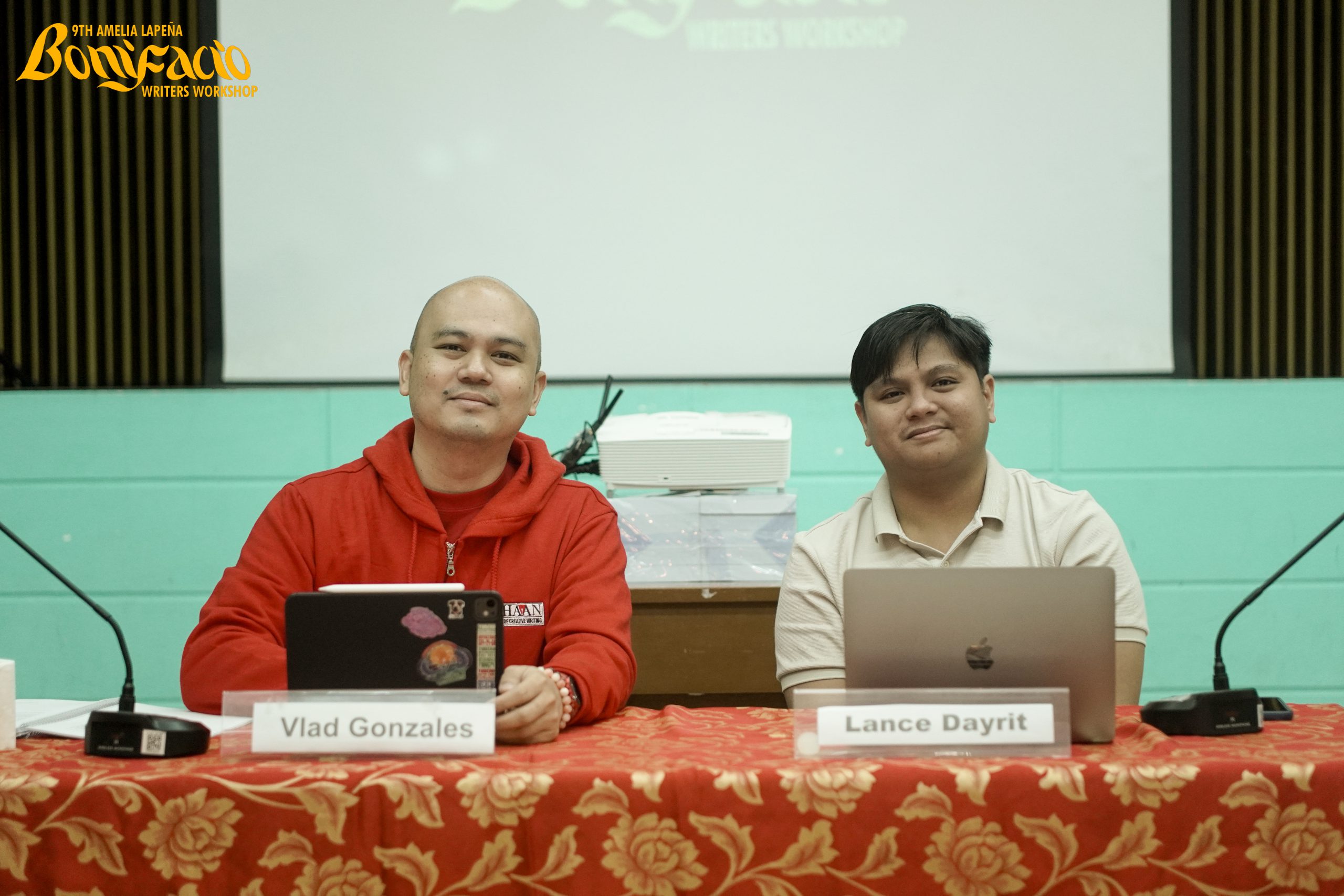Over the past few years I’ve grown increasingly suspicious of what fiction is doing to people. Not just readers, but writers too, who are supposed to know better. Much of the work I come across these days seems to be almost imperceptibly organizing itself around a new kind of consensus: that a good story is one that performs goodness. The aesthetic problem has been slowly replaced by an ethical one: Is this story accountable? Do its characters handle their trauma with appropriate complexity? Is its narrative arc respectful of real-world suffering in a way that precludes reader misinterpretation? The underlying assumption here is that fiction—formerly the messy and morally disreputable province of ambiguity—must now affirm the correct values, even or especially when it’s depicting their opposite.
This is what American critic and novelist Lauren Oyler has once described as “moral obviousness,” the tendency of contemporary literature to moralize by default, to assert virtue rather than investigate it, to comfort rather than provoke. Oyler describes it as a literary condition in which “understanding and explaining a work or event is in most cases very easy,” which to her is tied to a wider cultural feedback loop of critical laziness, low-stakes moral certainty, and self-surveillance. The critic or reader—and increasingly they’re the same person with a Substack account—can locate a work’s moral posture within two paragraphs and then move on, possibly to write about how they felt about the work.
And this to me is the real flattening effect: literature becomes a kind of aesthetic virtue signaling. Complexity becomes something to manage, not inhabit. Ambiguity gets treated like a fire hazard. Stories aren’t admired for the knots they tie you into but for how efficiently they untie them. Characters don’t get to just be assholes—they must be redemptively flawed or so structurally victimized that their worst behaviors are interpreted as catharsis-in-motion. The result is fiction that confirms biases, that signals alignment, and so receives applause.
This weird compulsion toward moral obviousness bleeds into real life. Especially among the literary scenes I’m entangled in, I’ve seen this performative reflex all around. Writers begin to behave like their all-too-good characters. They perform political virtue loudly: signing open letters, quote-retweeting takedowns, boycotting awards from dubious institutions. None of which is inherently bad, to be clear, but increasingly the performative edge collapses into a sort of existential binary: those who do not share their position are not merely mistaken but ethically suspect, maybe even evil. And those who fail to perform virtue in the sanctioned style—publicly, visibly, on the right platforms—are read as complicit.
This migration of moral reflex from fiction to person (and back again) makes me uneasy. Once you start policing the vibes of fiction too aggressively, you end up policing the people who write it. And once writers are required to perform goodness 24/7 in order to be heard, something elemental in the act of writing—its fundamental weirdness, its lurking interiority, its latent power to offend or disorient or destabilize—gets thrown out the window.
Which is more or less why I wrote the novella No One to Deliver You.
No One to Deliver You is a story of moral exhaustion. Imagine the kind that accumulates after years of trying to do good—to live responsibly, with some approximation of decency, which is increasingly indistinguishable from performance, and which will absolutely not save you. What happens when you’ve paid your karmic dues—gave up teaching for a more lucrative job you’re not even sure you love, checked in on your siblings, supported your aging parents—and your reward is a Zoom room where you pretend to be a life coach?
In “Delivery,” the first part of the novella, Gina—our protagonist—has done the work (see above). She’s exhausted, self-aware, a little numb. And crucially: she isn’t “virtuous” in the way moral obviousness demands its women be. Gina is financially stable in the sense that she can afford overpriced dog food but still feels gutted by freelance tax laws. She tries to be ethical—she chooses GrabFood over foodpanda because she read they treat delivery drivers better—but she knows that gesture is basically performative. She is skeptical of moral gestures that don’t change anything, but she does them anyway, because what else is there? Writing Gina meant consciously resisting the baked-in instinct to make her redemptive, to give her an arc that concludes with dignity or comeuppance or insight delivered in TED Talk cadence. Too many contemporary narratives require women (or any marginalized group) to serve a function: to embody resilience or to symbolize institutional failure. Gina does neither.
Fortunately not all fiction out there would find this depiction problematic. John Bengan’s short story “Disguise” models this beautifully: a refusal to narrativize morality, to turn fiction into a vehicle for judgment. His narrator—a charismatic taxi driver in Davao City—is an unmistakable fictional proxy for former president (and current ICC detainee) Rodrigo Duterte. But rather than bludgeoning the reader with the brutal realities of the drug war—as many Filipino fictionists today seem eager to do—“Disguise” withholds the expected outrage or pathos. Instead it traps you in the cab with the beloved mayor, listening as he justifies his methods. You find yourself nodding along, almost persuaded, and then horrified at how easy it is to be seduced by someone you once saw as the embodiment of evil.
That’s the mode I was aiming for: ambiguity as method. In “Delivery” Gina’s partner, Jeremy, is a man who does something unforgivable and then insists he’s forgivable. He’s a public university instructor, articulate, fluent in all the right language, probably the type to repost infographics about grooming. He, however, crosses a line with a student. “I’m not a monster,” he says, not out of remorse, but out of fear. When Jeremy confesses, though, Gina doesn’t punish him in the name of feminism. She just reaches her limit. She tells him to leave—and then she gets back to work. Is it because, while Jeremy was away, she found herself drawn to Romar, a delivery driver who kept showing up with the donuts she craved? Or is it simply because you don’t always have the luxury of collapsing when you want to, because breakdowns, like everything else, must be scheduled around deadlines?
Gina’s miscarriage—sudden and discovered only after the fact—encapsulates the emotional dislocation at the heart of the text. She doesn’t even know she’s pregnant. No grand reckoning: just a numb recognition that something irreversible has happened and she didn’t notice. No maternal grief in the traditional sense: just disconnection, the result of sustained moral fatigue that blunts even the body’s most intimate signals.
As for Jeremy what I want the reader to feel is a sense of unease—unsettled by the horror of how human, how legible, how familiar he is. This is my response to the danger Oyler identifies when she critiques moral obviousness: where the writer, the character, and the reader must all signal virtue just to be allowed to exist. But that’s not how literature works—or real life for that matter. If we can’t sit with unsorted people doing morally contradictory things, how can we even pretend to represent life in fiction?
Which brings us to “Apology,” the second half of the novella. If “Delivery” is a refusal to turn survivors into saints, “Apology” is the harder, riskier move: giving voice to the man everyone has already decided is guilty.
This part still unnerves me, letting Jeremy narrate. I can already anticipate the reaction: “Why are you giving voice to the guy who did the bad thing?” If the default mode now is righteous outrage—rapid-fire, frictionless, algorithmically blessed—then writing into the wreckage instead of around it feels almost irresponsible. After the events in “Delivery” Jeremy is defensive, sad, wrung-out, and still trying to understand what he did and how he got there. But he’s not seeking redemption, nor is he trying to gaslight you into empathy. I think he’s just trying to remain somehow narratable to himself. And this for me was crucial: writing him as a man trying to live inside the aftermath of his choices, inside a world that no longer lets him be clean.
“Apology” also complicates things structurally. Jeremy’s confession is interrupted—mirrored actually—by Alex, a progressive influencer facing his own moral scandal: being accused of driving a former professor to death via a viral video. He didn’t know the professor was dying. He posted what he believed was a righteous critique, and when the professor’s daughter weaponizes his apology by tweeting it Alex finds himself trapped in the same cycle of public censure he once helped enforce. He, too, says, “I’m not a monster.” The symmetry is intentional. Both Jeremy and Alex are products of a moral economy where the currency is visibility and purity. Their shared realization is that ethics lived online is too thin, too performative, to hold the weight of actual relationships, actual pain. Unlike social media, though, fiction allows us to ask: What if they’re right?
Let me be clear: I don’t want to confuse moral ambiguity with moral equivalence. Jeremy did something predatory. “Apology” is not so much about relitigating his sin as it is about living in its consequences. Like Alex, Jeremy is a failed moralist: he wanted to be a good man with good politics but failed. Still social media—and the general mental landscape I feel like we’re all in right now—doesn’t allow for this kind of failure. But fiction can. Fiction at its best lets us inhabit the mess that popular discourse tries to resolve too quickly.
I structured “Apology” as a confessional dialogue wrapped in two moments of solitude. It begins with an invitation and ends with Jeremy standing at his mother’s grave, confronting an altogether different kind of guilt—the guilt of familial neglect, of silence, of irretrievability. Jeremy finally allows himself to weep, all the while feeling that anything he does is not enough. And maybe, in a literary moment obsessed with virtue, the most radical thing we can do is make space for the things that are not enough.
It bears repeating: my fiction isn’t against morality per se. Be a good person all you want, and for the love of God don’t be an asshole. What I’m against is this: the idea that morality is simple. I’m against the idea that morality itself behaves, that it will sit still long enough to be pinned down and articulated in clean, declarative sentences that double as tweetable (or X-able?) convictions. Literature, when it’s doing what literature can do, has never been about delivering the “right” answers. It’s about asking the right questions—or sometimes even the wrong questions, but asking them with so much depth and intensity and ambivalence that they become the kind of questions you carry around with you like lint in your shirt.
This is what I think is really at stake in the resistance to moral obviousness: we are defending the capacity of literature to disorient us. I think the moment you make fiction subservient to ethics-as-branding—i.e. to the current discursive mood around what counts as righteous—you make it predictable. And there is no bigger sin, artistically speaking, than being predictable. The aesthetic pressure to make fiction virtuous is strangling its ability to be alive. In a world where so much of our discourse feels ruled by instantaneous judgments and tribal certainties, fiction that refuses to be morally obvious—that keeps its ethical dimensions messy and human—might be more necessary than ever, because it might be the only fiction that still resembles how life actually feels.
I believe in stories that treat ethics as open questions. Stories that trouble their readers. Stories that let you sit in the murk and figure it out for yourself, knowing full well that you might not. If No One to Deliver You has a moral architecture, it’s in its refusal to instruct. If it has hope, it’s a quiet kind: the belief that even in the thick of exhaustion, betrayal, collapse, people still reach for one another—even if you feel like there’s no one out there to deliver you.

ABOUT THE AUTHOR
Jade Mark Capiñanes is the author of the flash fiction collection How to Grieve (2022) and a two-time Palanca awardee for essay (2017, 2024). He has been a creative nonfiction fellow at the Davao Writers Workshop (2016), UST National Writers Workshop (2017), and Ateneo National Writers Workshop (2019), as well as a poetry fellow at the Iyas La Salle National Writers Workshop (2023). Born and raised in Davao City, he is a member of the Davao Writers Guild and is completing a memoir as his MFA Creative Writing thesis at De La Salle University in Manila.






